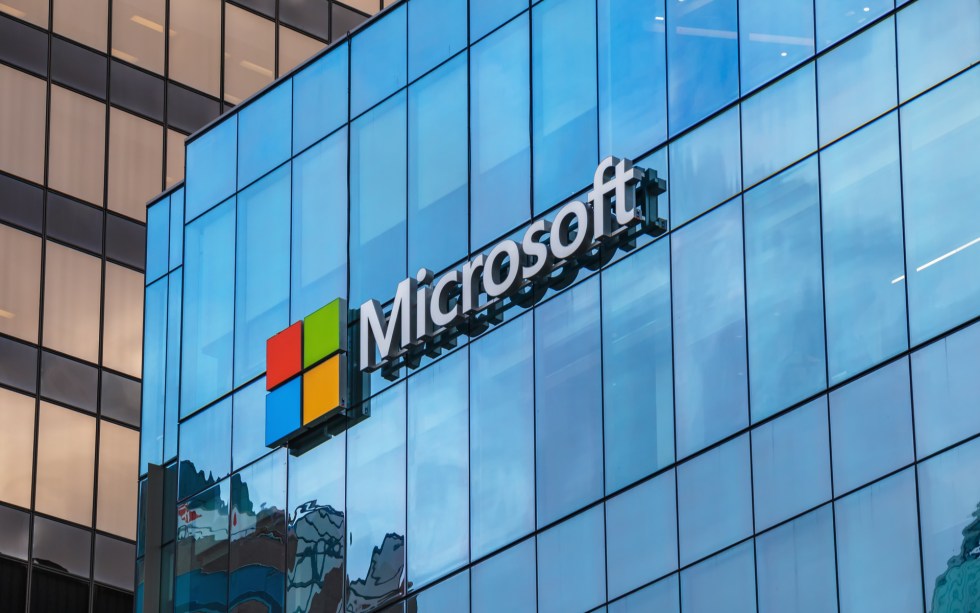To protect users from unintentionally downloading crypto mining scripts, Microsoft is releasing its new Edge browser, which is designed to block this type of malware.
Microsoft Edge’s Blocker Is Superior to SmartScreen
Microsoft recently released the first full version of its chromium-based browser Microsoft Edge with several design improvements. For example, it brings new security features to protect users from automatically downloading unwanted apps, such as adware and other malicious programs that harm a user’s PC.
Aware of “the increasing threat of cryptocurrency miners,” the new Microsoft browser has been designed to block this type of malicious scripts.
Crypto mining malware comprises software programs and malware components programmed to seize a computer’s resources and use them for cryptocurrency mining, such as Bitcoin, without the computer owner’s consent. Don Sharp, writing for Windows Report, explains,
Microsoft Edge users will soon be able to navigate the web without the risk of unintentionally downloading crypto miners. This feature targets the ‘less reputable’ sources that infect sites or online ads with crypto-mining code, which executes stealthily after loading in the victim’s browser.
Eric Lawrence, Microsoft Principal Program Manager, claims that the new Microsoft Edge blocker will be superior to the cloud-based anti-phishing and anti-malware SmartScreen and SafeBrowsing blockers. Lawrence tweeted,
Base SmartScreen and SafeBrowsing both block malware. The feature shown here goes further by optionally blocking downloads that contain potentially unwanted (but not technically malware) code– think a utility app that also bundles in a crypto miner or notification spammer.
Microsoft is already encouraging users to migrate towards its new browser.
Cloud Infrastructure a Big Target for Crypto Mining Attacks
Crypto mining attacks have been on the rise for several years, alarming security experts. For example, for 2020, the Cyber Security Report underscores that crypto mining attacks will dominate the cyber-criminal activity.
In particular, the report concludes, this year, cloud infrastructure will be a big target for crypto mining attacks. Nevertheless, cyber-attacks involving crypto mining threaten the whole cyber spectrum.
Kobe Bryant’s Wallpaper Used For Crypto Mining Malware
Most recently, on January 30, 2020, the Microsoft’s security intelligence unit reported that cybercriminals installed a Monero cryptocurrency mining malware in a wallpaper of the late basketball superstar Kobe Bryant.
Microsoft Defender SmartScreen blocks the website hosting the coin miner. Microsoft Defender ATP detects the malicious HTML file as Trojan:HTML/Brocoiner.N!lib (SHA-256: 86031a7d35968a1ff1f20441afce6eee504cdb98c1fbee9a4708ad989a5f2269)
— Microsoft Threat Intelligence (@MsftSecIntel) January 30, 2020
The malicious script specifically mentions CoinHive, which is an in-browser crypto mining program. Hackers used to prefer CoinHive to mine Monero coins maliciously.
Sharp, although welcoming Edge’s new security features, warns Windows 10 PC users,
While the ability of Edge to detect and thwart crypto miners is welcome, users should still watch out for non-browser-based ways to infect a Windows 10 PC with such code.
How effective do you think the new Microsoft Edge security feature will be in blocking crypto mining attacks? Let us know your comments below.
_____________________________________________________________________________________
Images via Shutterstock, Twitter @MsftSecIntel
